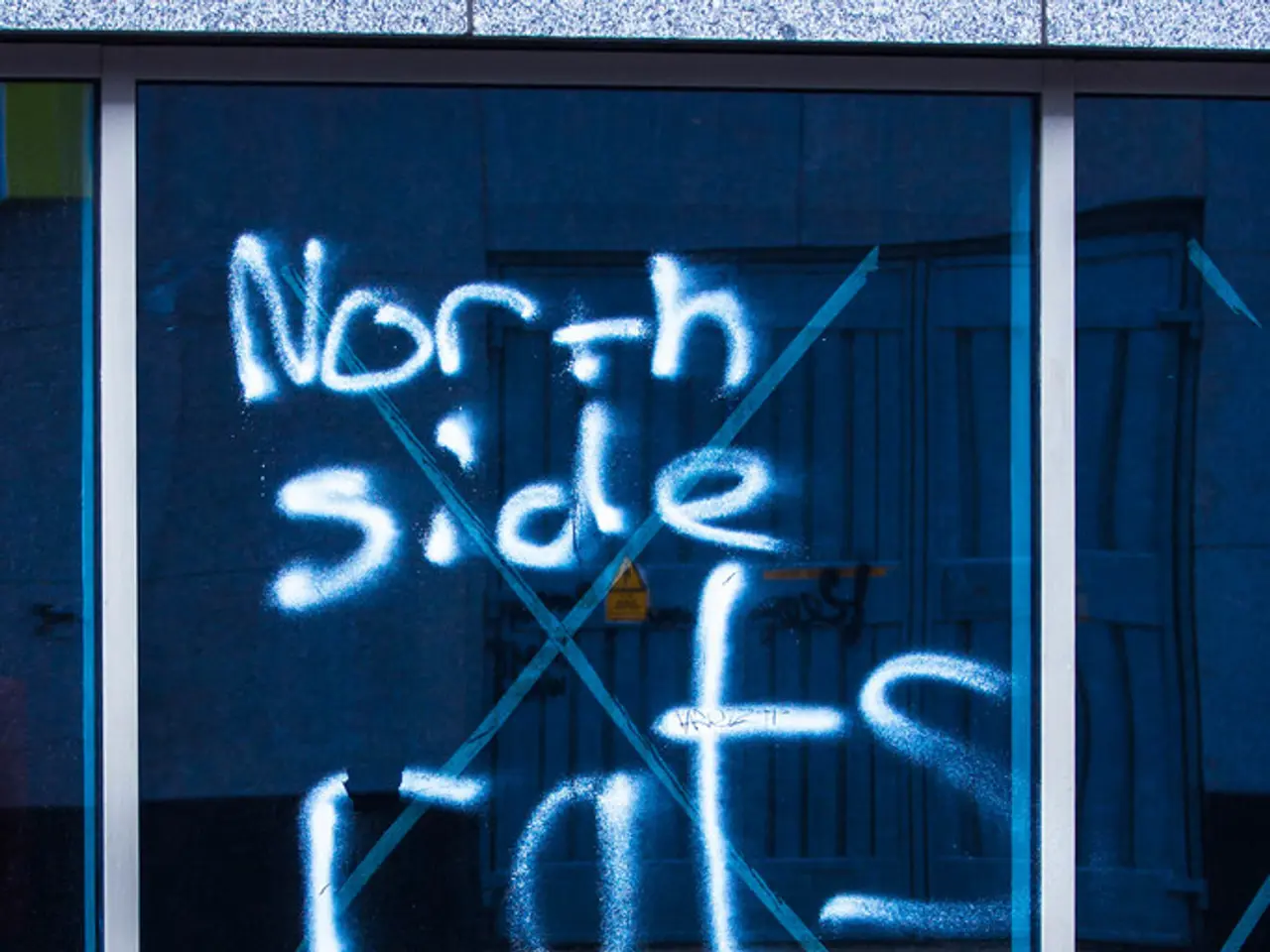Poland Expands Border Controls Impose Potential Impact on Brandenburg
Poland has announced an extension of its temporary border controls with Germany until October 4, 2025. The decision comes in response to ongoing concerns about irregular migration and the need to curb unauthorized entries [2][5].
The route through Belarus and Russia has become largely impassable due to increased security, causing migration flows to shift towards other EU states, notably Lithuania and Latvia [2]. Poland's tightened border enforcement aims to close these secondary migration routes and support EU-wide efforts to manage migration more effectively [2][3].
This move is a reciprocal response to Germany’s enhanced border checks with its neighbors, including Poland, which started in mid-2024 and were extended by Germany beyond September 2025 [1][3][4]. Germany claims that these controls and migrant rejections at the border have been effective and are necessary as interim measures until an EU-wide migration solution and external border security are in place [3][4].
The continuation of passport and customs checks at the Schengen internal border between Poland and Germany may potentially slow cross-border passenger and freight traffic [1][2]. Increased border checks can also lead to delays in transportation and logistics, affecting supply chains reliant on the Poland-Germany land border. However, specific quantifications of delays or trade impacts have not been detailed in the sources.
The controls impact the EU principle of free movement, causing political and economic tensions within Schengen, as these measures are exceptions allowed only in emergency or security situations [2]. Despite controls, some migration attempts continue; Poland has reported refusals of entry for over 100 irregular migrants since the introduction of checks [1].
Interior Minister Marcin Kierwinski stated that the step is well-founded, and the affected neighboring EU countries were informed about this step [6]. Brandenburg's Minister President Dietmar Woidke (SPD) considered the controls on the German side to be correct and advocated for better protection of the EU's external borders [7].
In September, Germany will decide on the next steps based on data from border control, military, and police [8]. The end of the Polish border controls is dependent on decisions by the German government, as stated by Prime Minister Donald Tusk [9]. The extension of border controls on the German and Lithuanian borders was also decided [10].
Sources:
- BBC News
- Deutsche Welle
- Reuters
- Euractiv
- Polish Ministry of Interior and Administration
- Polish Ministry of Interior and Administration
- Polish Ministry of Interior and Administration
- Polish Ministry of Interior and Administration
- Polish Prime Minister's Office
- Polish Ministry of Interior and Administration
- Politics in Poland continues to be shaped by the ongoing migration crisis, as the extension of border controls with Germany until October 4, 2025, demonstrates a concerted effort to manage irregular migration and secure the EU's general-news frontiers more effectively.
- The tightening of border enforcement by Poland and Germany, in response to increased migration flows and security concerns, may further fuel political tensions within the Schengen area as these measures challenge the principles of free movement and could potentially impact cross-border trade and relations.







